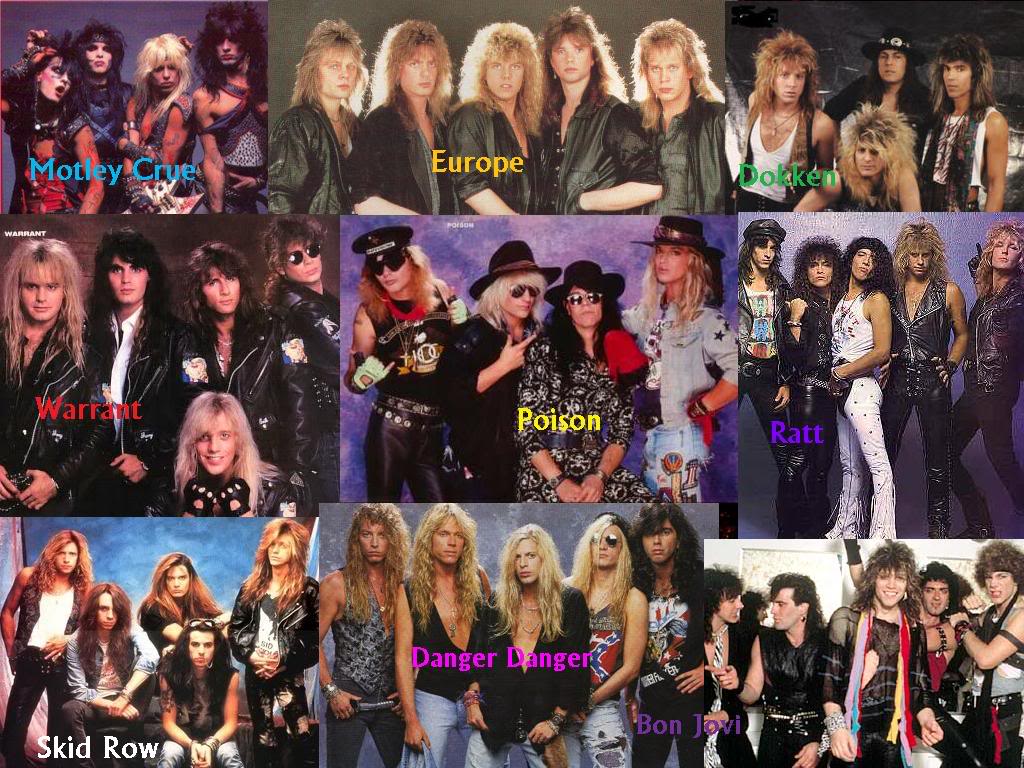Faster Pussycat built their name on swagger, sleaze, and tongue-in-cheek attitude – a Sunset Strip staple with a punky edge and a love for dirty riffs. But “Silent Night,” a lesser-known track from their catalog, reveals a darker, more introspective side of the band. Bleak, raw, and emotionally charged, it’s a song that caught many fans by surprise – in all the best ways.
Not a Christmas Carol
Let’s clear this up first: “Silent Night” by Faster Pussycat is not a cover of the holiday hymn. Instead, it’s an original track that appeared on their 1989 sophomore album Wake Me When It’s Over. Haunting and moody, it trades glam attitude for emotional vulnerability, dealing with themes of addiction, isolation, and despair. With lyrics that hint at suicide and substance abuse, “Silent Night” offered a stark contrast to the band’s party-hard image.
Wake Me When It’s Over: A Transitional Album
Released in August 1989, Wake Me When It’s Over marked a significant shift in Faster Pussycat’s sound. While their 1987 debut album was a pure shot of Hair Metal in the vein of Guns N’ Roses and L.A. Guns, the follow-up album introduced more mature songwriting, blues influences, and even a touch of gothic melancholy.
Wake Me When It’s Over peaked at #48 on the Billboard 200, driven largely by the hit single “House of Pain,” another emotionally charged ballad that showed the band wasn’t afraid to get serious. The album eventually went gold in the U.S., proving that fans were willing to follow them into deeper territory.
The Band in 1989: Walking a Fine Line
By the time Wake Me When It’s Over hit the shelves, Faster Pussycat had made their mark as part of L.A.’s Hair Metal explosion. They toured extensively, including a spot on the 1989 Monsters of Rock tour with acts like Alice Cooper and Judas Priest.
But underneath the eyeliner and leather, the band was maturing — both musically and personally. Taime Downe, in particular, was exploring darker themes and more alternative sounds, something that would become even more apparent in his later industrial-tinged projects like The Newlydeads.
“Silent Night” feels like a snapshot of this internal transformation. It’s the sound of a band caught between the high of excess and the hangover of reality.











Comments are closed, but trackbacks and pingbacks are open.